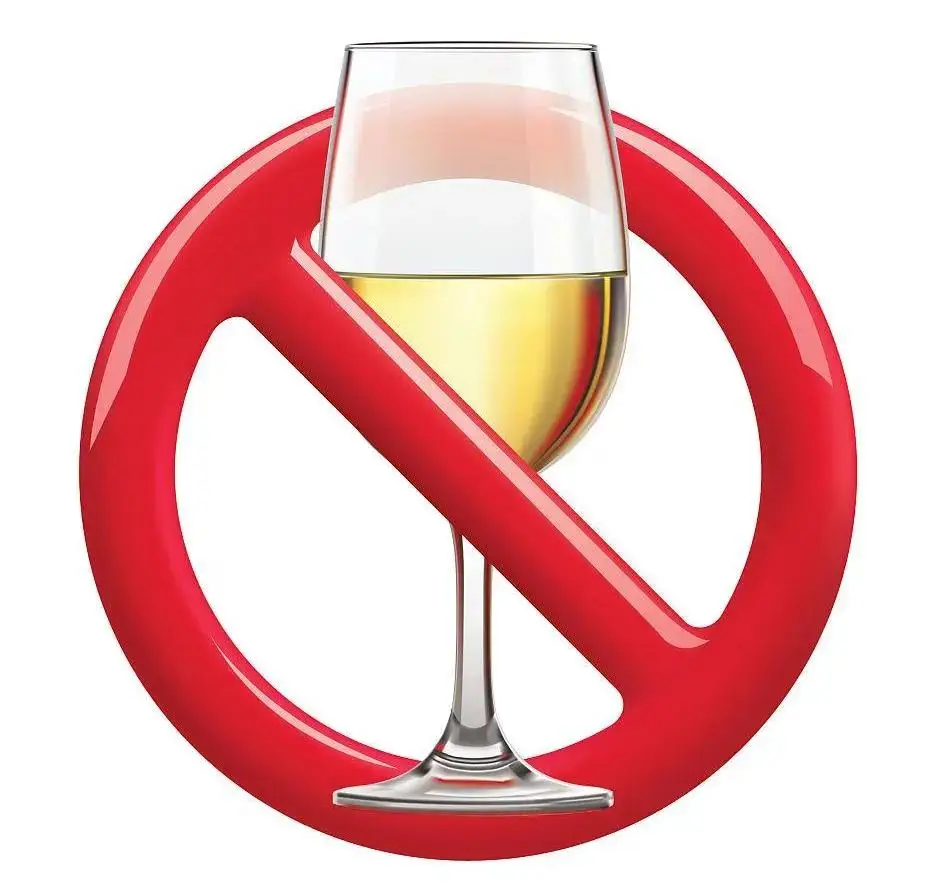Navigating Non-Halal Snack Choices During Alcohol Cessation
When embarking on the journey of alcohol cessation, many individuals find themselves grappling not only with the psychological and physical challenges of quitting but also with the practical aspects of reshaping their daily routines. One often overlooked aspect is the role of snacking—particularly non-Halal snacks—in supporting or undermining this process. For those who do not follow Halal dietary restrictions, the world of snacks offers a vast array of options that can either aid in recovery or become a new source of unhealthy habits. This article explores how to make mindful, non-Halal snack choices during alcohol cessation, ensuring that these snacks contribute positively to your overall well-being without compromising your goals.
Understanding the Role of Snacking in Alcohol Cessation
Alcohol cessation is a multifaceted process that involves breaking a habit that often serves as a coping mechanism for stress, social anxiety, or boredom. When alcohol is removed from the equation, many people experience a void that they may attempt to fill with other substances or behaviors, including snacking. Snacking can provide a temporary distraction, a sensory pleasure, or even a way to manage cravings. However, not all snacks are created equal. The key is to choose snacks that support your physical health, stabilize your mood, and do not create new dependencies.
Non-Halal snacks, which may include products containing gelatin, certain flavorings, or alcohol-based extracts, are widely available and often highly palatable. While these snacks are not restricted by Halal guidelines, they can vary significantly in nutritional value. During alcohol cessation, it is crucial to opt for snacks that are nutrient-dense, low in processed sugars, and free from ingredients that might trigger cravings or negatively impact your recovery.
The Pitfalls of Unhealthy Snacking
It is easy to fall into the trap of replacing alcohol with unhealthy snacks, such as chips, candy, or pastries, which are often high in sugar, unhealthy fats, and empty calories. These types of snacks can lead to weight gain, energy crashes, and mood swings—all of which can exacerbate the challenges of alcohol cessation. Moreover, highly processed snacks can sometimes mimic the addictive qualities of alcohol, creating a cycle of craving and consumption that undermines your efforts to build healthier habits.
For example, snacks with high sugar content can cause rapid spikes and drops in blood sugar levels, leading to irritability, fatigue, and increased cravings for more sugar or even alcohol. Similarly, snacks high in unhealthy fats can contribute to inflammation and digestive issues, which may already be sensitive during the detoxification process.
Choosing Nutrient-Dense Non-Halal Snacks
The goal during alcohol cessation should be to select snacks that provide sustained energy, support physical health, and promote mental clarity. Here are some categories of non-Halal snacks that can be beneficial:
-
Protein-Rich Snacks: Protein helps stabilize blood sugar levels and keeps you feeling full longer, reducing the likelihood of impulsive snacking. Examples include Greek yogurt (check for non-Halal gelatin if applicable), hard-boiled eggs, jerky (ensure it does not contain alcohol-based marinades), and nuts or seeds. These snacks are not only satisfying but also provide essential amino acids that support neurotransmitter production, which can improve mood and reduce anxiety.
-
Fiber-Filled Options: Fiber slows down digestion, helping to maintain steady energy levels and prevent blood sugar spikes. Fresh fruits, vegetables with hummus, whole-grain crackers, or popcorn (without excessive butter or sugar) are excellent choices. These snacks also contribute to gut health, which is increasingly recognized as important for mental well-being.
-
Healthy Fats: Snacks containing healthy fats, such as avocados, olives, or nuts, can provide a sense of satiety and support brain function. The brain undergoes significant changes during alcohol cessation, and healthy fats are crucial for rebuilding cell membranes and supporting cognitive health.
-
Low-Sugar Alternatives: Instead of reaching for candy or cookies, consider snacks like dark chocolate (with at least 70% cocoa content), which contains antioxidants and less sugar, or homemade trail mix with unsweetened dried fruits and nuts. These options can satisfy sweet cravings without the negative effects of refined sugars.
Mindful Snacking Practices
Beyond the types of snacks chosen, how you snack is equally important. Mindful snacking involves paying attention to hunger cues, eating slowly, and savoring each bite. This practice can help you avoid overeating and make more intentional choices. During alcohol cessation, mindfulness can also serve as a tool to manage cravings and emotional triggers. Instead of snacking out of boredom or stress, take a moment to assess whether you are truly hungry or seeking comfort. If it is the latter, consider alternative activities such as taking a walk, practicing deep breathing, or engaging in a hobby.
Navigating Social Situations
Social settings can be particularly challenging during alcohol cessation, as they often involve both alcohol and snack foods. Non-Halal snacks are commonly served at parties, gatherings, and restaurants. To navigate these situations successfully, plan ahead. Eat a balanced meal before attending an event to reduce temptation, and bring your own snacks if necessary. When choosing from available options, prioritize vegetables, proteins, and whole foods over highly processed items. Remember, it is okay to politely decline snacks that do not align with your goals.

The Bigger Picture: Snacking as Part of a Holistic Approach
While snacking can play a supportive role in alcohol cessation, it is important to view it as one component of a broader strategy. Regular exercise, adequate sleep, hydration, and professional support (such as counseling or support groups) are equally vital. Snacking should not become a crutch but rather a tool to nourish your body and mind as you transition to a alcohol-free lifestyle.
In conclusion, selecting non-Halal snacks during alcohol cessation requires a balance of nutritional knowledge, self-awareness, and intentionality. By choosing nutrient-dense options and practicing mindful eating, you can support your body’s recovery, stabilize your mood, and avoid replacing one unhealthy habit with another. Remember, the journey to alcohol cessation is unique for everyone, and every small, positive choice contributes to long-term success.




发表评论